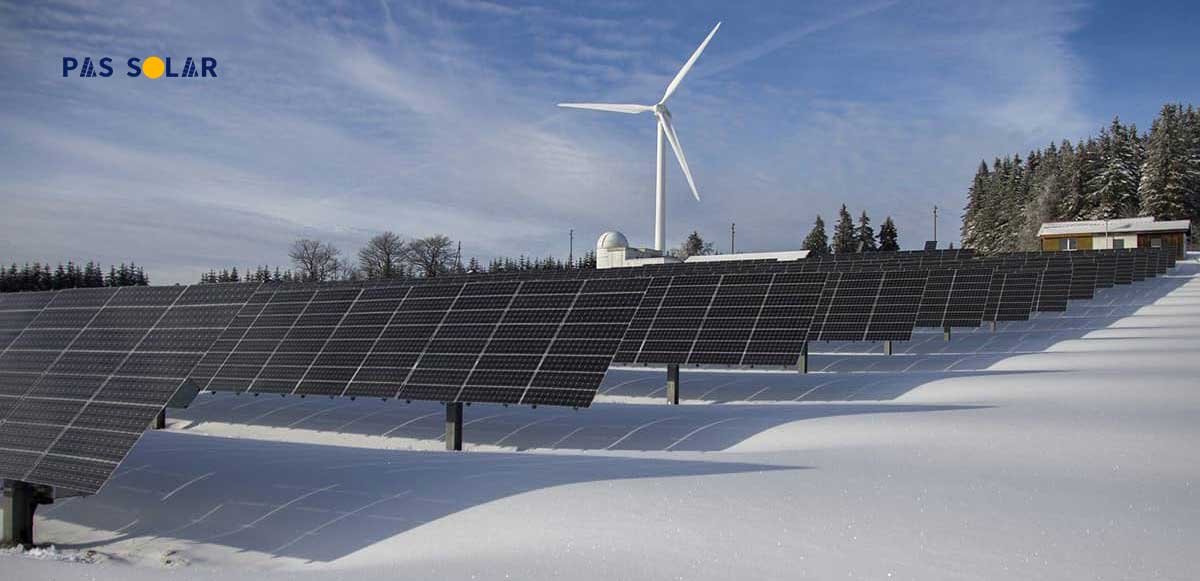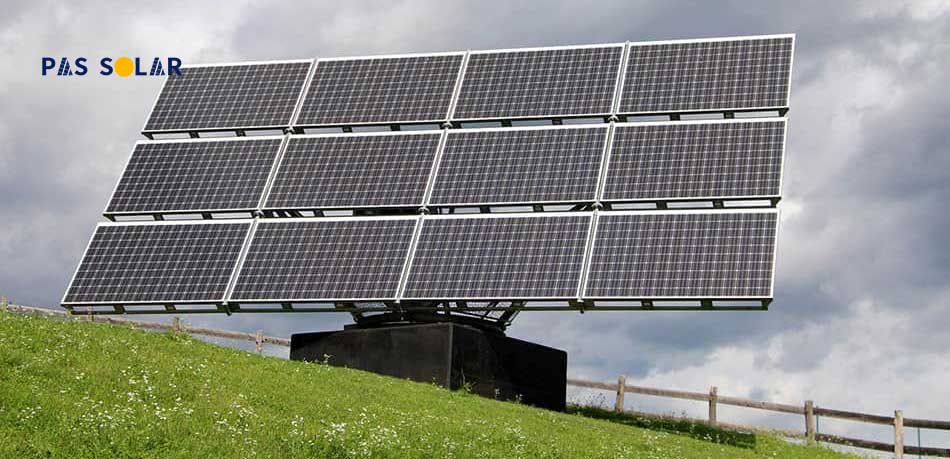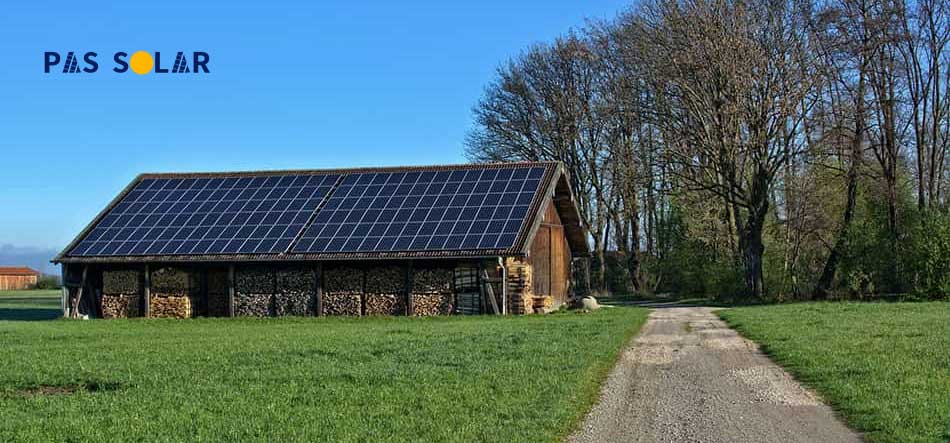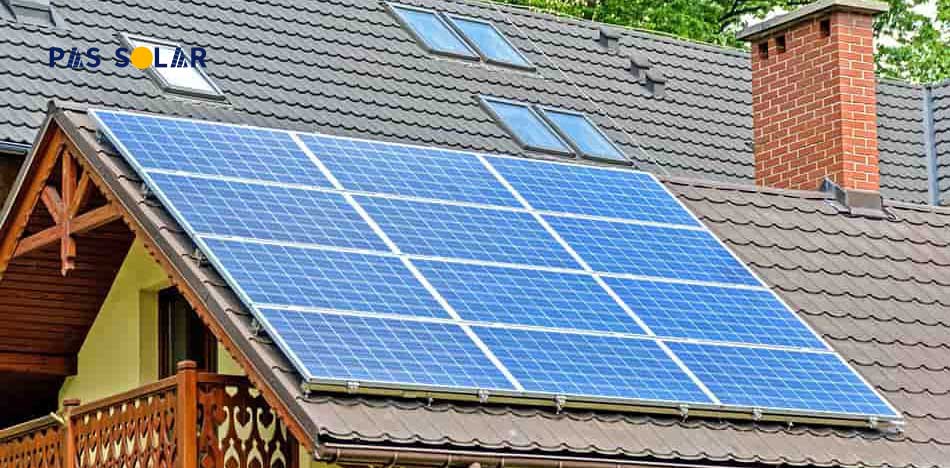Simply put, solar energy is the most abundant energy source on Earth. About 173,000 terawatts of solar energy hit Earth at any given time, more than 10,000 times the world’s total energy needs. Solar panel in dubai are the tools that can transform the sun’s energy into electricity that our homes can use. But there’s no way that we can call solar panels electrical.
By capturing the sun’s energy and converting it into electricity for your home or business, solar energy is a key solution to combating the current climate crisis and reducing our dependence on fossil fuels.
How does solar energy work?
Our sun is a natural nuclear reactor. It emanates small packets of energy known as photons, which travel 93 million miles from the sun to Earth in approximately 8.5 minutes. Every hour, enough photons hit our planet to generate enough solar energy to theoretically meet global energy needs for an entire year.
Currently, PV power accounts for only five-tenths of one percent of the energy consumed in the United States. But solar technology is improving and the cost of solar power is falling rapidly, so our ability to harness the abundance of energy from the sun is increasing.
In 2017, the International Energy Agency showed that solar power had become the fastest-growing energy source in the world, marking the first time that solar power growth outpaced that of all other fuels. Since then, solar energy has continued to grow and break records around the world.
How does the weather affect solar energy?
Weather conditions can affect the amount of electricity a solar system produces, but not exactly in the way you might think.
The perfect conditions for producing solar power include, of course, a clear, sunny day. But like most electronics, solar panels like the growatt inverter dubai are more efficient in cold weather than they are in hot weather. That lets the panel generate more electricity in the same period. As the temperature increases, the panel draws less voltage and produces less electricity.
But while solar panels are more efficient in cold climates, they don’t necessarily produce more electricity in the winter than they do in the summer. The sunniest weather often occurs in the hottest months of summer. In addition to fewer clouds, the sun usually comes out for most of the day. So while your panels may be less efficient in hot climates, they will likely produce more electricity in the summer than they do in the winter.
How do solar panels work?
Photons hit a solar cell and knock electrons free from their atoms. An electrical circuit is formed if conductors are attached to a cell’s positive and negative sides. So, while solar panels generate electricity, they are not electrical in the sense that they operate using electricity.
When electrons travel through that circuit, they produce electricity. Multiple cells make up a solar panel, and multiple panels (modules) can be connected to form a solar array or solar structure to buy. The more panels you can install, the more energy you can expect to produce.
What are solar panels made of?
Solar photovoltaic (PV) panels are made up of many solar cells. Solar cells are comprised of silicon, used as semiconductors. They are created with a negative layer and a positive layer, which together create an electric field, the same as in a battery.
How do solar panels generate electricity?
Photovoltaic solar panels generate direct current (DC) electricity. With DC electricity, electrons rush in one direction around a circuit. This example demonstrates a battery providing electricity to a light bulb. Electrons go from the negative side of the battery, through the lamp, and then to the positive side of the battery.
With AC (alternating current) electricity, electrons are pushed and attracted, periodically reversing direction, like the cylinder of a car engine. Generators produce AC electricity as a coil of wire is spun near a magnet. Many different power sources can “turn the handle” on this generator, such as gas or diesel fuel, hydroelectricity, nuclear, coal, wind, or solar.
AC electricity was chosen for the US power grid, primarily because it is less expensive to transmit over long distances. However, solar panels create DC electricity. How do we get DC electricity on the AC grid? We use an inverter.
What does a solar inverter do?
A solar inverter takes DC electricity from the solar array and uses it to create AC electricity. Different solar inverter price in UAE can be thought of as the brain of the system. In addition to reversing power from DC to AC, they also provide ground fault protection and system statistics, including voltage and current in AC and DC circuits, power output, and maximum PowerPoint tracking.
Central inverters have dominated the solar industry from the beginning. The introduction of microinverters is one of the biggest technological changes in the photovoltaic industry. Microinverters are optimized for each solar panel, not for an entire solar system like central inverters are.
This allows each solar panel to perform at its full potential. When using a central inverter, having a problem with one solar panel (perhaps it is shaded or dirty) can reduce the performance of the entire solar array.
How does a solar panel system work?
Here is an example of how a residential solar energy system operates. First, sunlight is absorbed by a solar panel mounted on the roof. The panels convert the power into DC, which flows to an inverter. The inverter converts DC electricity to AC, which you can then use to power your home. It’s wonderfully simple and clean, and it’s getting more efficient and affordable by the day. Although solar panels produce energy, we can surely say that solar panels are not electrical themselves.
A typical grid-connected photovoltaic system, during peak hours of the day, often produces more power than a customer needs and carries that power through cables which you can buy from a solar panel cables for sale in Dubai, so excess power is returned to the grid for use elsewhere. The customer who is eligible for net metering can receive credits for excess energy produced and can use those credits to draw from the grid at night or on cloudy days. A net meter registers the energy sent compared to the energy received from the network.






